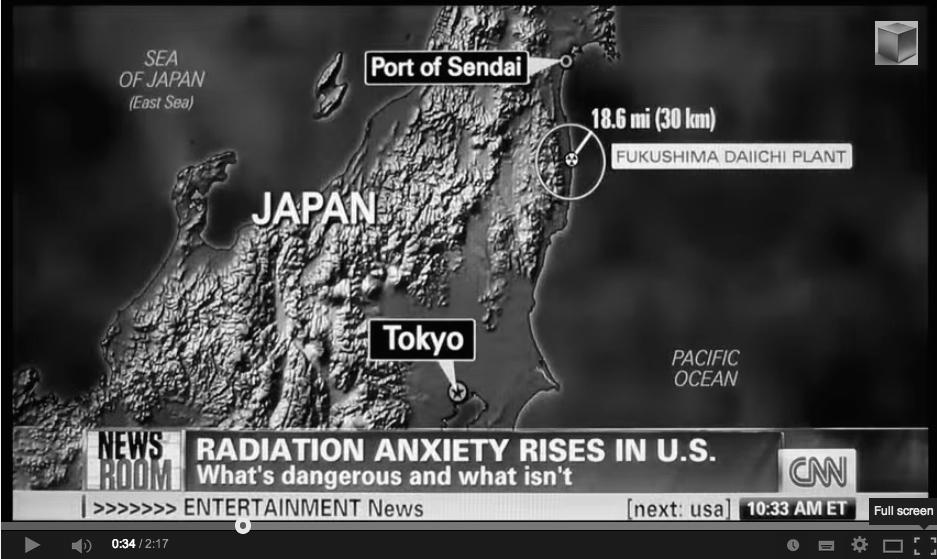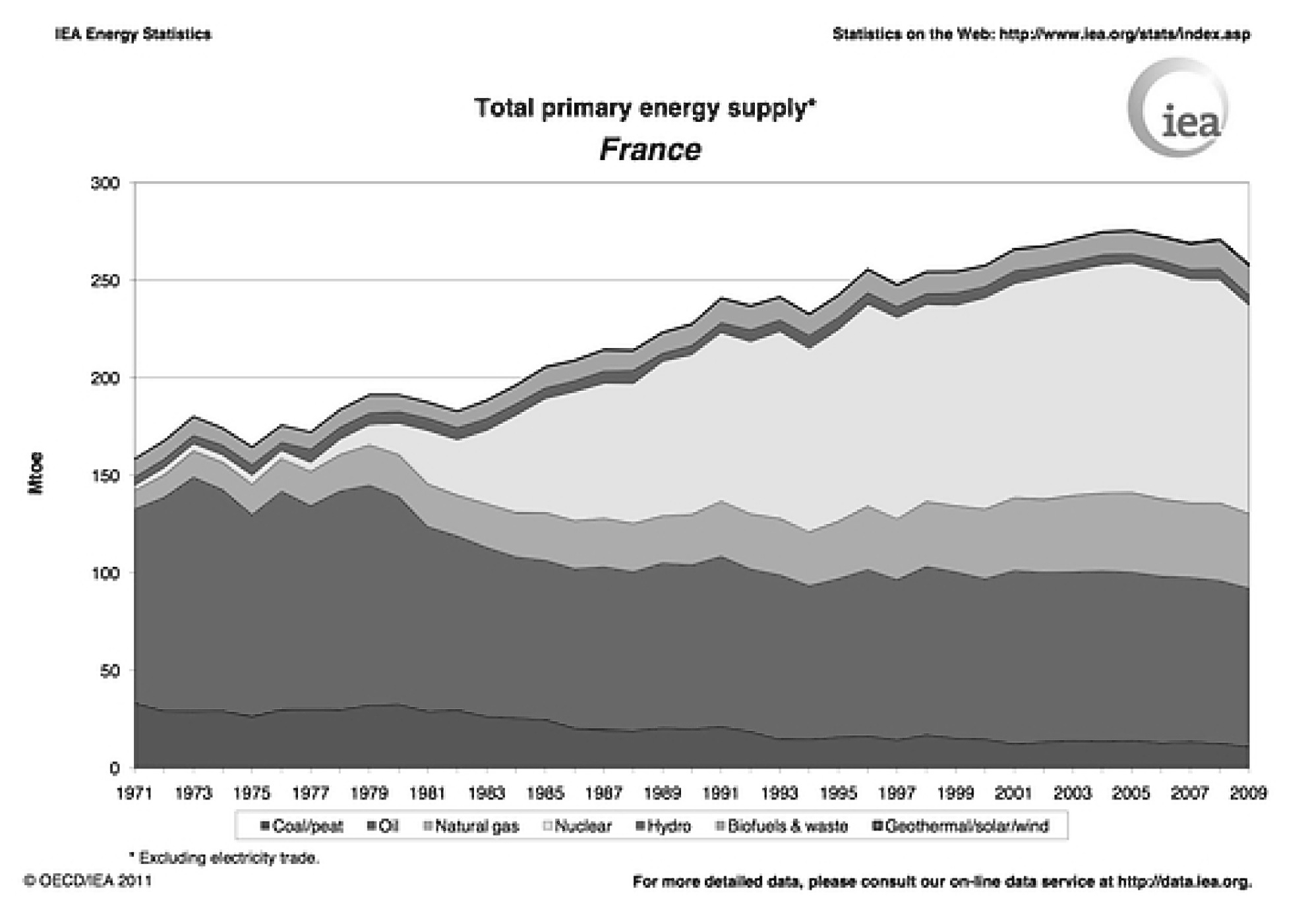A few months back I attended a round table discussion hosted by the British Embassy on Japan’s energy options and communications around its policies. The context of the debate was set up with a screening of the documentary Pandora’s Promise, a film which I was lucky enough to be involved with when the Fukushima sections of the film were shot back in 2012, and have been a friend of the director, Robert Stone ever since.

Pandora’s Promise – a film by Robert Stone, explores the role of nuclear energy perceived by environmentalists
There were about 15 of us, and around the table was a diverse mix of high level Japanese civil servants, climate academics, journalists & TV producers, nuclear safety professionals and global energy experts. It was probably just over half Japanese, and Robert even video-conferenced in from the US.
This was one of many ways in which I have seen the British Foreign Office working hard to stimulate debate on energy questions in Japan. The dedication and intelligence of the climate and energy team there makes me proud to be British, despite the current Conservative government’s hypocrisy in this area!
Chatham House rules applied, so I cannot quote anyone, nor would it be right to imply that a consensus was reached along the following lines, but here is a summary of what I concluded based on what I heard that evening on top of my own knowledge of the topic going in:
The planet as a whole needs nuclear energy:
- We are adding a Brazil’s worth of demand to the planets electricity consumption every year
- Last year our use of energy increased by an amount that is more than all the energy contributed by renewables
- So renewables cannot even keep up with the annual increment let alone eat away at fossil fuel consumption
- Hence we are burning more coal than ever, a habit that kills hundreds of thousands of people every year (e.g. 50k in the US annually according to the American Lung Association) through air pollution
- There is not the energy density in renewables to make a rapid step change possible; instead possible gains are incremental efficiency gains
- Global sea levels are now all but guaranteed to rise by enough to displace 100s millions of people in coming decades
- There is enough built-in temperature increase to set off dangerous and unprecedented positive feedback mechanisms (methane from melting permafrost, methane hydrate from artic ocean floors)
- Extreme weather events caused by climate change are causing thousands of deaths every year (typhoons, floods, landslides etc)
- Compared to this predicament issues with nuclear are tiny and solvable, and we know nuclear energy can be scaled up quickly, because France and other countries did it in the 80s/90s after the oil shock, and now we have better, safer, more modular technologies, albeit requiring road-testing
Water < = > Energy:
- climate change-induced water shortages are becoming huge issues all over the world
- there are many parts of the world with money and water-dependent agricultural economies but which are running out of water (California for crops in the desert, Saudi Arabia for drinking water…)
- Desalinization and pumping will require cheap, deployable energy
- a new generation of modular nuclear reactors are more likely to make the economics work than importing fossil fuels
About trust between people and governments:
- for people to trust you, they have to know you care about them
- you have to trust them back
- you have to do what you say you are going to do
- the Japanese government has a trust issue over nuclear for these reasons that it needs to fix
About risks in the modern world:
- there are risks everywhere, not least from climate change (extreme weather events, rising sea levels, drought & famine)
- modern life is a risky proposition heading for 9bn + people
- ploughing money into oligarchs and minority-ruled kingdoms is also risky – some of it gets used to fund terrorists
- energy decisions in the future will not be driven primarily by safety, but by national security, for energy and water
- the perceived risk of radiation from nuclear accidents is vastly overblown and irrational, but very hard to change
Why Japan needs to have a participatory debate about energy:
- because there was a false contract “nuclear = zero risk” ( very low risk is not no risk) between government & public that was wrong and needs to be reset
- because the debate is polarised between the establishment (status quo) and the irrational antis, thus excluding a silent majority of pragmatic citizens
- to regain trust, because it has been lost, and this is the biggest issue
- to engage and give voice to a silent majority
- to create a collective vision for the future of Japan energy and hence national security
- to express compassion for the victims of Fukushima, (not the radiation, but the fear and mistrust) because it never has been expressed collectively
The debate has to be framed accurately:
- the economic consequence, not least the trade deficit, of importing ALL energy on ships as fossil fuels from foreign, unstable nations
- the local and global impacts of burning coal on air quality
- the growing threat of climate change to global prosperity
- the fact that Japan is being watched by other nations, so whichever path is chosen will have global impact on energy & climate policy
- the fact that renewables cannot cover base load energy needs in Japan or any big country
There needs to be independent sources of investigation, information and thought in Japan:
- In the US and UK there are independent think tanks for inter-disciplinary thought leadership (The BreakThrough Institute, for instance)
- These are a way for scientific consensus to be communicated to a wider public
- There are young passionate people with credible platforms to share their analysis and ideas
Japan needs a future narrative, both for domestic and international reasons:
- The Japanese public will never choose to go back to the old status quo with nuclear
- Turning the nuclear plants back on may be acceptable as a transition phase if it is made clear where Japan is headed
- There are passively safe nuclear reactor technologies available now, even for a seismically active country
- Japan can test these, perfect the technology, and create a new era of trust based on a new generation of plants, phasing the old ones out over time
- These technologies can be exported to a world hungry for cheap, reliable, low carbon energy
Overall I came away thinking that there is hope for tackling carbon emissions and climate change using nuclear energy, in combination with new renewables, and for Japan to play a big role in that, but so much work needs to be done to get there
************************
Links for related reading & watching:
Pandora’s Promise Download on iTunes: https://itunes.apple.com/us/movie/pandoras-promise/id675188533
Radiation & Reason : the Impact of Science on a culture of fear book: http://www.radiationandreason.com/ & Youtube Video
The BreakThrough Institute’s Publication, specifically on energy pragmatism: http://thebreakthrough.org/publications
What role for nuclear power in Japan’s future: http://japanfocus.org/-Christopher-Hobson/4146


Leave a comment